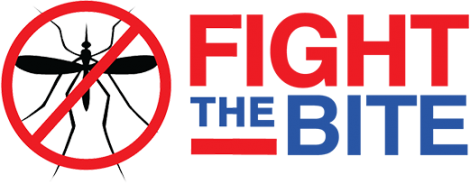CMCD proposing a boundary expansion

The Collier Mosquito Control District’s (District’s) Board of Commissioners and staff have determined that a substantial number of indicators warrant expansion of the District’s boundaries. The criteria listed below — plus the continuous advances in the District’s integrated mosquito control program — more than adequately supports the basis to expand the boundaries.
- Excessive mosquito populations in areas adjacent to newly inhabited areas: District researchers have determined a one-acre area of water lettuce and hyacinth can produce millions of mosquitoes per month in the lands surrounding Ave Maria. As well, new developments continue to inch closer to mangrove swamps in the southwestern portions of the county.
-
Rapidly increasing permanent population: County leadership is planning for population growth into lands outside of the District’s current boundaries. Forecasts indicate increases in permanent population into these areas and those residents will need protection from mosquito borne disease.
-
Changes in natural habitats: As publicly owned lands are flooded to restore water flow, it will create abundant mosquito breeding grounds, and the District is most concerned with those near new or planned residential developments.
-
Increasing threats to public health: Mosquito-borne “tropical” diseases pose a threat in Southwest Florida, including Dengue fever, West Nile virus, Eastern Equine Encephalitis, and chikungunuya.
On June 22, 2021, District leadership presented information to the Collier County Board of Commissioners (BOCC) regarding a proposed expansion. The BOCC then moved to vote on the resolution at their July 13, 2021, meeting. When the BOCC approves the resolution, a local bill is created then presented in Tallahassee during the legislative session in 2022. When approved, the District’s charter is updated with the new boundaries.
In the interest of transparency and continued discussion, links are provided to the District’s Board policy on expansion and to the June 22nd BOCC presentation.

